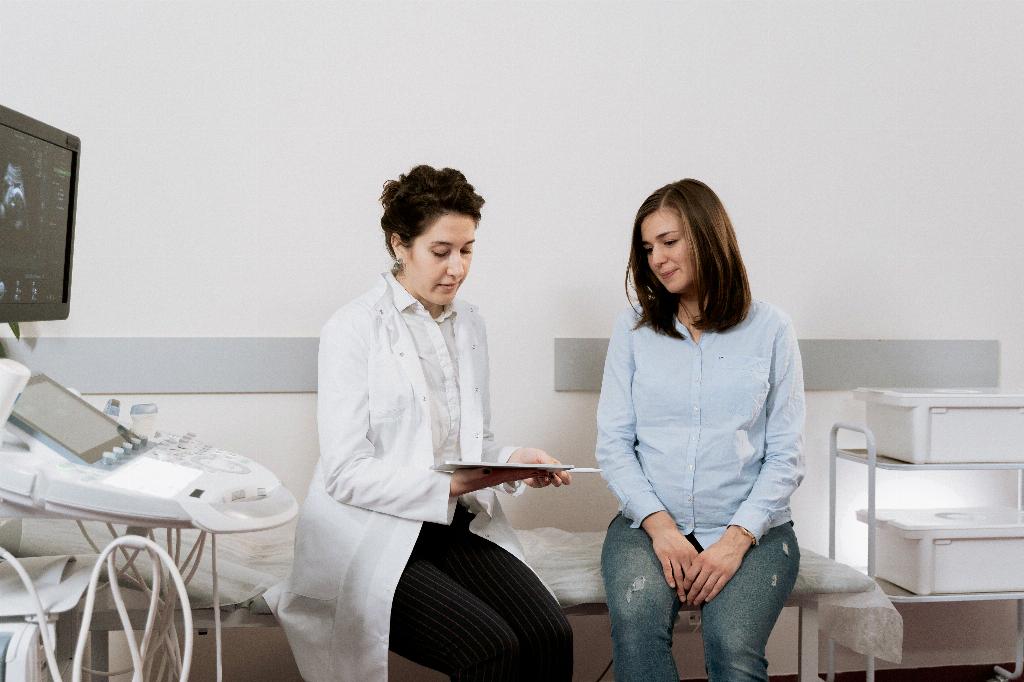Ever wondered why your C-section scar suddenly starts to itch, even years after the surgery? Well, there are several factors that could contribute to this persistent itching sensation. Let’s delve into the reasons behind this perplexing issue.
The Tightness Factor
One possible reason for the itching is the tightness of the scar tissue. The skin around the C-section incision can sometimes feel exceedingly tight, which can lead to heightened sensations of itchiness. This tightness can be exacerbated by changes in weight or skin condition over time.
The Dry Skin Dilemma
Dry skin is another common culprit when it comes to persistent itching around a C-section scar. If your skin tends to be on the drier side, it’s more prone to irritations and itchiness. The lack of moisture in the skin can exaggerate any discomfort you may feel at the scar site.
Dealing with Keloid Scars
Keloid scars, which are raised and thickened scars that extend beyond the original incision area, can also be a source of relentless itching. These scars are more likely to develop in certain individuals and can cause ongoing discomfort, including itchiness, long after the surgery.
The Nerve Regeneration Process
After a C-section, the nerves in the abdominal area go through a process of regeneration. As these nerves heal and reconnect, you may experience unusual sensations, including itching. This process can take time, and it’s not uncommon for itchiness to persist even years post-surgery.
Underlying Skin Conditions
Individuals with underlying skin conditions such as eczema or psoriasis may find that their C-section scar is more prone to itching. These skin conditions can exacerbate any discomfort and may require specific treatment to alleviate the itchiness.
The Role of Scar Tissue
Scar tissue itself can be a trigger for itching. The regeneration of tissue post-surgery can sometimes lead to abnormal collagen formation, which can cause itchiness. This itching sensation is often a result of the healing process and can linger for an extended period.
Psychological Factors
It’s important to note that psychological factors can also play a role in persistent itching. Stress and anxiety can exacerbate physical sensations, including itchiness. If you find that your C-section scar itches more during stressful times, addressing the underlying emotional factors can be beneficial.
Impact of Clothing and Fabrics
The choice of clothing and fabrics in direct contact with your scar can influence the level of itchiness you experience. Rough fabrics or tight clothing can rub against the scar and irritate the skin, leading to increased itching. Opting for soft, breathable fabrics may help alleviate this discomfort.
Environmental Factors
Environmental factors such as dry weather or exposure to allergens can aggravate itchiness around the C-section scar. Dry air can dehydrate the skin, while allergens can trigger sensitivities that result in itching. Making adjustments to your environment, such as using a humidifier, may provide relief.
Hydration and Skincare
Ensuring adequate hydration and skincare can contribute to reducing itchiness around the C-section scar. Moisturizing regularly can help maintain skin health and alleviate dryness, reducing the likelihood of itchiness. Using gentle skincare products and avoiding harsh chemicals can also be beneficial.
Consulting with a Healthcare Professional
If the itching around your C-section scar persists or becomes increasingly bothersome, it’s advisable to consult with a healthcare professional. A dermatologist or healthcare provider can assess the underlying causes of the itching and recommend appropriate treatments to address the issue.

